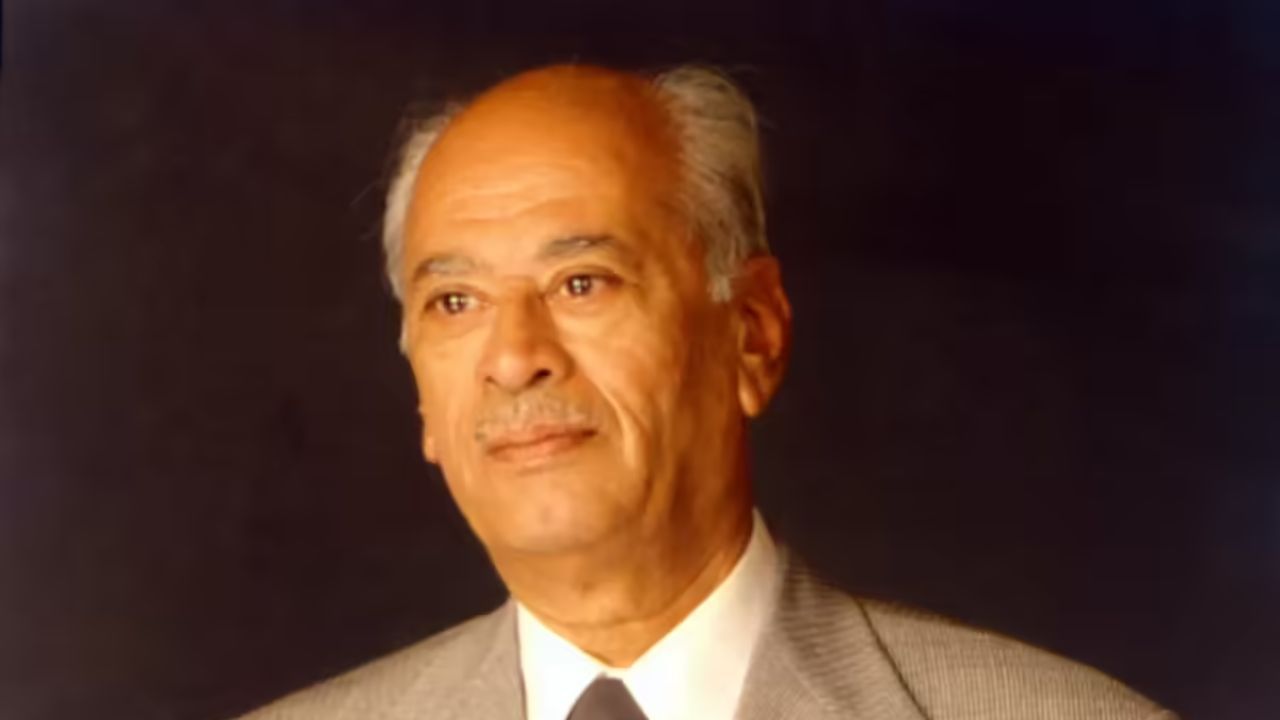Mumbai: Alia was barely five years old—perhaps even four when this memory begins. I was filming for Mr. Yash Johar, the first king producer I had ever worked with in my career. A man of rare grace and quiet strength, Yash Johar had already carved out a towering reputation by then. He had worked with Hollywood technicians, navigated impossible shooting schedules, and was known above all for one extraordinary trait: the ability to make films without money—and without compromising on dignity.
When I joined the film industry, I often heard this line whispered with admiration:
“Anyone can shoot with money. But Yash Johar shot for Devsaab in London—without it.”
That wasn’t just praise. It was a testament to his courage and competence. He understood the chaos of production, yes—but more than that, he understood people. He wore success lightly and treated everyone—whether star or technician—with the same generosity of spirit.
One morning, during that period of filming, he arrived at my home as he often did. We had our routine—music sittings, planning meetings, and the thousand unseen rituals that keep a film afloat. I was meant to drop Alia off at school that day. As we stepped out, she turned to the chauffeur, lifted her small hand with casual command, and gestured for the car to be brought around.
Yashji smiled, visibly amused.
“She has the airs of a star,” he said.
He said it with affection, without a trace of mockery. There was something in his eyes, as though he had seen something none of us had yet. And in time, he would be proven right. Years later, it was his son, Karan Johar, who would give Alia the break that changed her life. Student of the Year launched her into the stratosphere—first as a national star, and then an international one. There is a quiet poetry in that: the father sensed her spark, and the son gave her the stage.
But my memories of Yash Johar are not only defined by work or legacy—they are deeply human. I remember vividly the days when Smita Patil was critically ill at Jaslok Hospital. It was Yashji who moved heaven and earth to get life-saving medication from the UK. In those pre-digital, pre-globalised days, this was no easy task. But he did what needed to be done. That was who he was—a man whose empathy translated into action.
We had a meaningful professional partnership. Gumrah—with Sridevi, Sanjay Dutt, and Rahul Roy—was a modest success, shot in Hong Kong. Yashji made sure everyone on that set, from lead actors to technicians, felt seen and respected. That was his quiet revolution: he brought dignity into the everyday chaos of filmmaking.
I was told I was the only director he repeated. It was considered a rare compliment in our world. But when we made Duplicate, I was already in a different place, creatively and personally. Something inside me had dulled. I had entered a kind of inner wasteland, and I failed to bring my best self to the film. I faltered. And in doing so, I failed the faith Yashji had placed in me.
Yet, he never let me feel that failure. There were no recriminations, no words of disappointment. Just a gracious silence. And in that silence was a kindness I will never forget.
What gives me peace is that Yashji lived to witness the staggering success Karan brought with him. That first big hit—followed by many more—allowed him to step back, knowing he was leaving his legacy in trusted hands.
Every time I watch a Dharma film today, and his image appears on screen, something stirs within me. A warmth. A quiet ache. A whispered thank you.
Thank you, Yashji, for touching my life.
And forgive me for not rising to the moment when you needed me to.
But even in that regret, there is grace. Because what remains above all is gratitude. You live on—not just in the films you produced, but in the way you made people feel. In the small gestures. The large-heartedness. The way you led without ever raising your voice.
You live in my memory.
You live in my heart.
